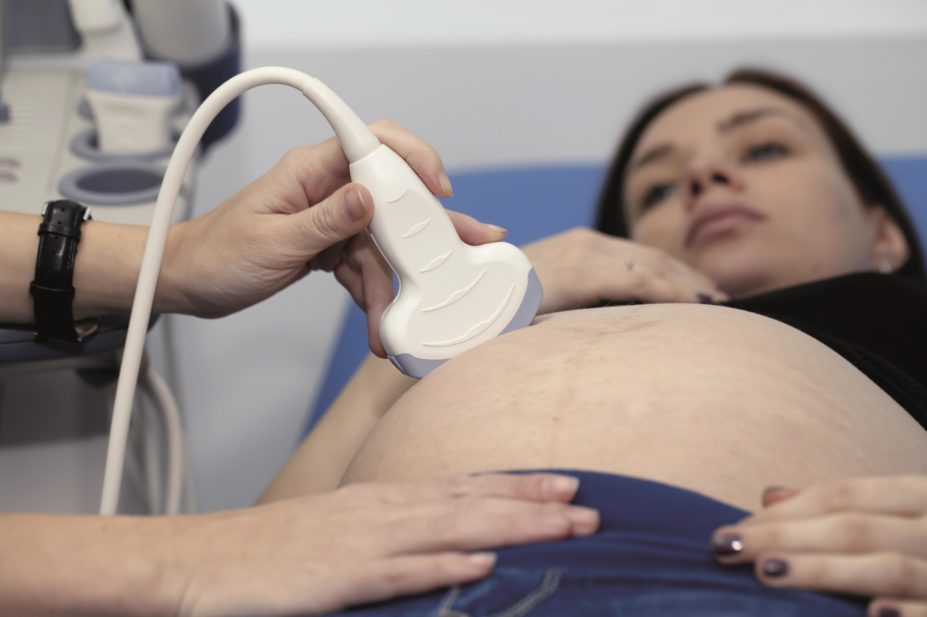
Shutterstock
Vaccination for seasonal influenza during pregnancy protects women against stillbirth, new research suggests.
A team led by Annette Regan from the school of pathology and laboratory medicine at the University of Western Australia in Perth found that mothers who were given an injected dose of seasonal trivalent influenza vaccine (TIV) during pregnancy were substantially less likely to suffer a stillbirth compared with unvaccinated mothers.
Influenza during pregnancy increases the mother’s risk for several complications, such as pneumonia and acute respiratory distress syndrome. It can also lead to adverse foetal and neonatal outcomes, such as preterm birth and stillbirth. However, because of concern among pregnant women about the safety of the influenza vaccine, its coverage has remained low.
“Clinicians treating pregnant women should be promoting seasonal influenza vaccine every year for every pregnancy,” says Regan. “Pregnant women trust and rely on their healthcare providers to advise them during their pregnancy. In fact, 80% of pregnant women say they would get vaccinated had their health care provider recommended it to them. It is therefore critical for all antenatal health professionals to recommend seasonal influenza vaccine to their pregnant patients.”
In their study, published in Clinical Infectious Diseases
[1]
on 30 March 2016, Regan and colleagues assessed the relative risk of stillbirth among influenza vaccinated and unvaccinated pregnant women in Western Australia who were exposed to influenza epidemics during 2012–13. The retrospective cohort study involved 58,008 births between 1 April 2012 and 31 December 2013. Among the mothers, 5,076 had received the TIV, whereas 52,932 had not received the vaccine. The total number of stillbirths was 377.
Researchers found that stillbirth was 51% less likely among vaccinated mothers compared with unvaccinated mothers (adjusted hazard ratio [HR] 0.49; 95% confidence interval [CI] 0.29–0.84). The most profound relative risk reduction was noted for births that occurred just following the influenza season (HR 0.33; 95% CI 0.12–0.88).
“Our results support the safety of maternal influenza vaccination, as we found no increase in the risk of stillbirth in vaccinated women,” say the researchers. “Additional research is needed to confirm the potential reduction in stillbirth observed in this cohort study. Confirmation of these findings would indicate that seasonal influenza vaccination in pregnancy has substantial perinatal health benefits.”
Richard Beigi, associate professor and chief medical officer at the Magee-Womens Hospital at the University of Pittsburgh Medical Center, says: “This study is yet another one demonstrating that the benefits of maternal influenza vaccination extend beyond protection in the mother to foetal and neonatal benefits.
“Continued clear recommendations [should be provided] by all obstetrical providers for flu vaccine use in pregnancy for maternal, foetal and neonatal benefit,” he adds.
References
[1] Regan AK, Moore HC, de Klerk N et al. Seasonal trivalent influenza vaccination during pregnancy and the incidence of stillbirth: population-based retrospective cohort study. Clinical Infectious Diseases 2016; doi: 10.1093/cid/ciw082.


